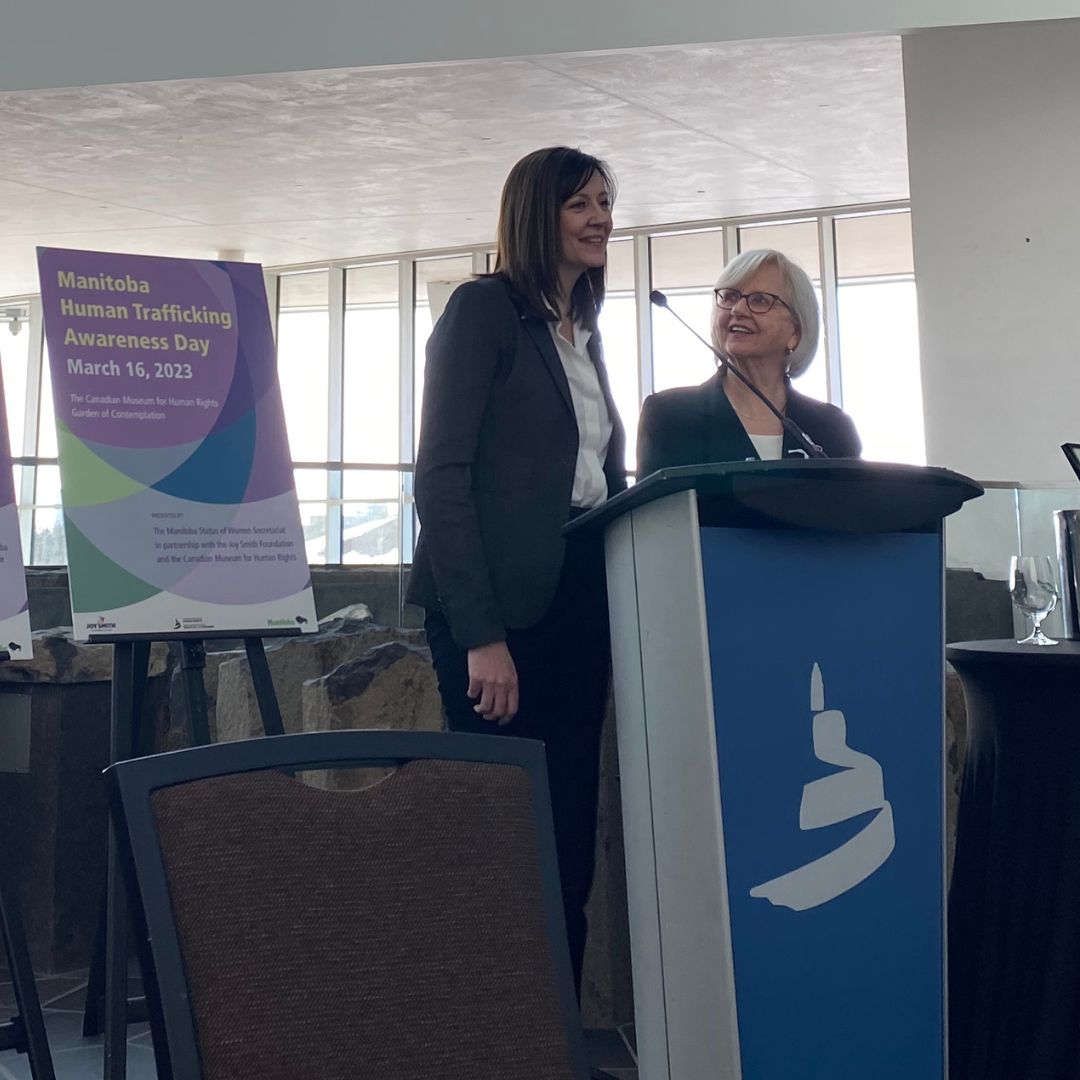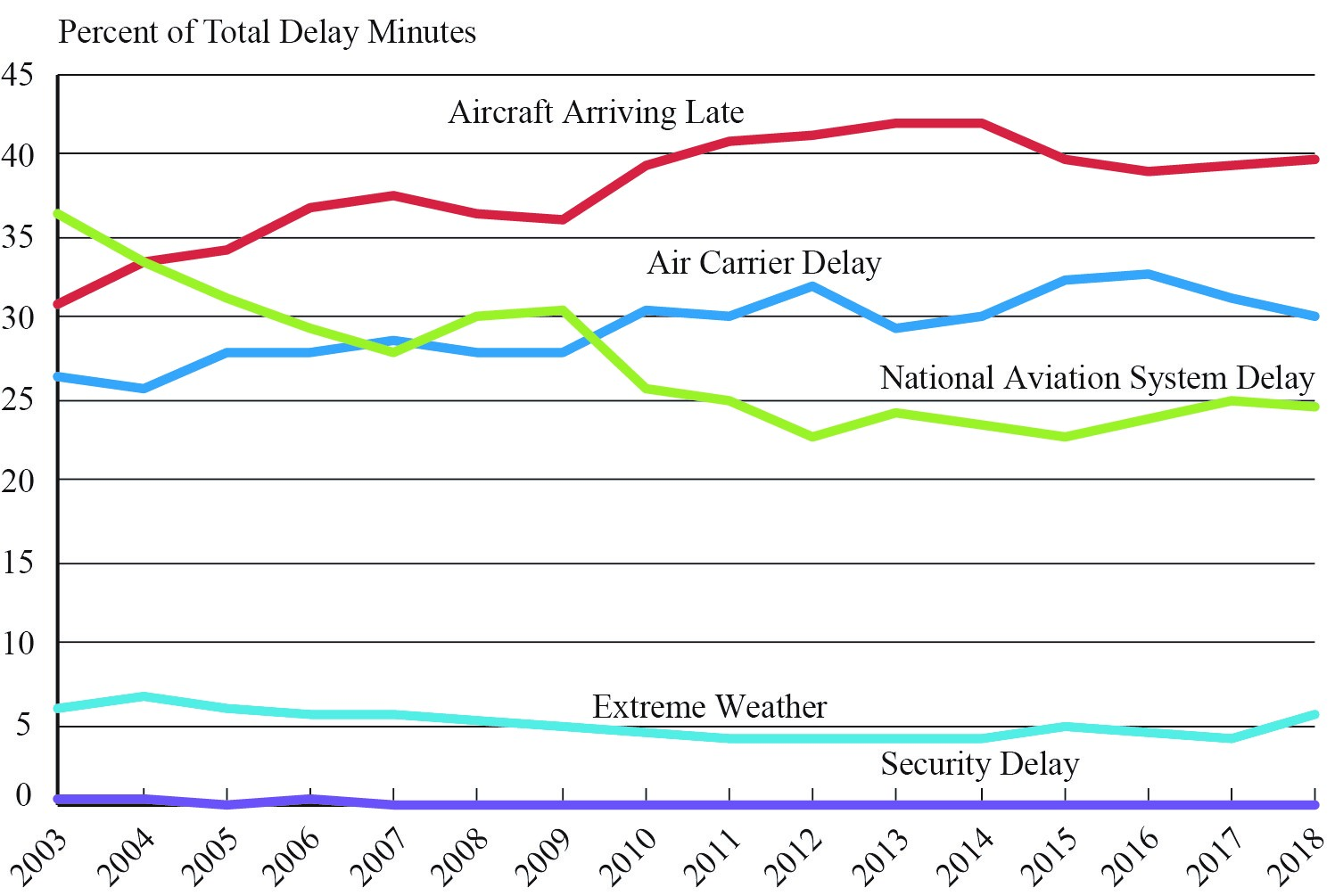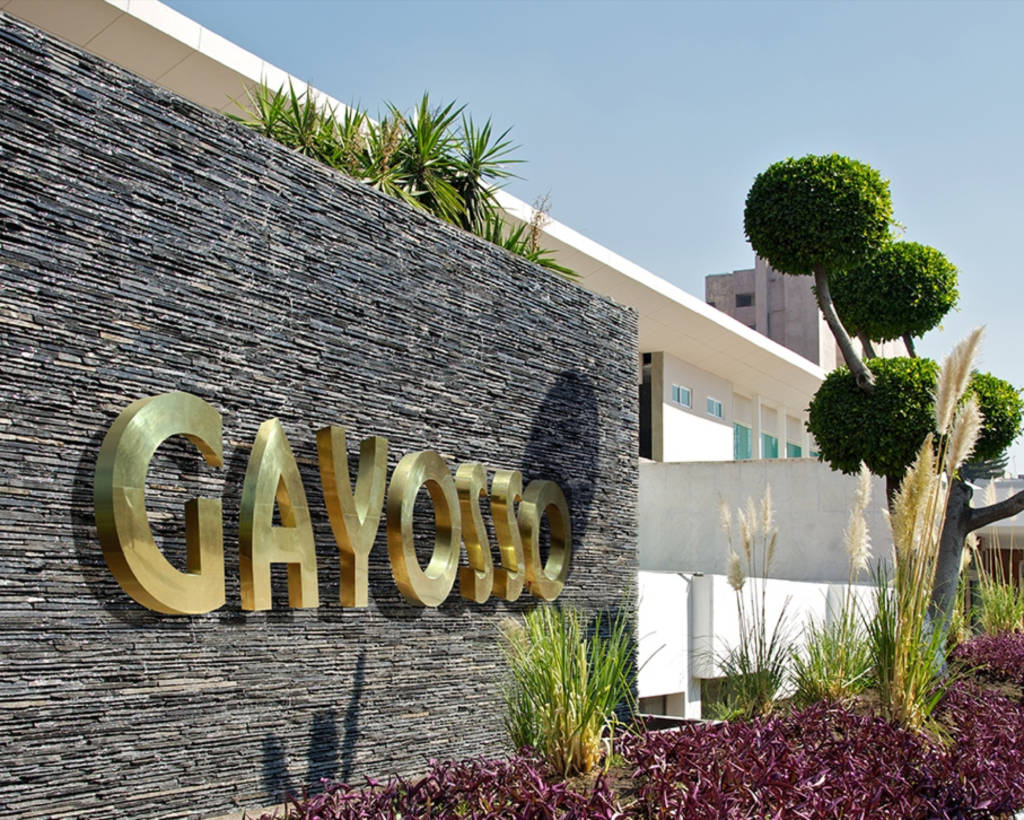Oasis Tour Audit: Did Ticketmaster Violate Consumer Protection Laws?

Table of Contents
Exorbitant Ticket Prices and Allegations of Price Gouging
The Oasis reunion tour tickets were criticized for their astronomical prices, far exceeding what many fans considered reasonable. This section examines Ticketmaster's pricing model and its contribution to this inflated cost.
Dynamic Pricing and its Impact
Ticketmaster employs a dynamic pricing model, meaning ticket prices fluctuate based on demand. While this system can generate revenue for artists and venues, its impact on the Oasis tour ticket sale was heavily criticized.
- How dynamic pricing works: This model uses algorithms to adjust prices based on various factors including seat location, demand, and time remaining until the event. The closer to the event date, and the higher the perceived demand, the higher the price.
- Exorbitant price examples: Numerous reports surfaced of tickets being listed for many times their face value. Anecdotal evidence from social media showed fans reporting prices exceeding $1000 for seats considered average.
- Fairness and Consumer Protection: This dynamic pricing model, while legal, raises significant ethical concerns regarding fairness and accessibility. When prices become so inflated, it effectively excludes many fans from attending, particularly those with lower incomes. This raises questions about whether such practices comply with the spirit, if not the letter, of consumer protection laws.
Scalping and Resale Market Impact
The high demand and inflated prices fueled a thriving resale market, with tickets being sold on secondary platforms for significantly more than their original price. This exacerbates the problem of accessibility and raises questions about Ticketmaster's role.
- Ease of Reselling: The ease with which tickets could be resold on secondary markets suggests a potential failure to adequately control the flow of tickets and prevent scalping.
- Ticketmaster's Responsibility: While Ticketmaster doesn't directly control the secondary market, critics argue they bear some responsibility for mitigating scalping through better security measures and more robust anti-bot systems. Their lack of effective control may inadvertently facilitate the very scalping they claim to oppose.
- Legal Implications: Ticketmaster's potential complicity in this secondary market activity, through inadequate security or other practices, could have legal implications under consumer protection laws designed to protect against unfair pricing and manipulation of the market.
Bot Activity and Accessibility Issues
Beyond pricing, many fans reported significant difficulties in accessing tickets, largely attributed to the widespread use of bots and website malfunctions.
Evidence of Bot Usage
Numerous reports indicated that bots were used extensively to purchase tickets, outcompeting genuine fans.
- Reports and Impact: Social media was flooded with reports of fans being unable to secure tickets despite trying repeatedly. The success of bot users in obtaining large quantities of tickets clearly limited the supply available to real fans.
- Consumer Experiences: News articles and social media posts detailed the frustration and anger experienced by fans who were unable to purchase tickets due to bot activity. The general sentiment pointed to a system deeply flawed and unfair to the average consumer.
- Ticketmaster's Security Measures: Ticketmaster's security measures, designed to prevent bot activity, appear to have been largely ineffective. This raises serious questions about the adequacy of their technology and their commitment to fair ticket distribution.
Website Crashes and Functional Failures
Many users reported website crashes, error messages, and other technical difficulties while trying to purchase tickets.
- Website Failures: The Ticketmaster website experienced significant outages and instability during peak purchasing times, adding to the frustration of genuine fans.
- Impact on Access: These failures directly prevented many consumers from even attempting to purchase tickets, exacerbating the issues caused by bot activity.
- Ticketmaster's Responsibility: Ticketmaster has a responsibility to maintain a functional and robust ticketing platform capable of handling high demand. Their failure to do so during the Oasis tour sale suggests a disregard for the consumer experience.
Relevant Consumer Protection Laws and Regulations
Several consumer protection laws could potentially apply to Ticketmaster's actions during the Oasis tour ticket sale.
Applicable Legislation
Both US and UK legislation, depending on the specific tour locations, may contain relevant provisions.
- Relevant Acts: Laws concerning unfair trade practices, deceptive advertising, and consumer protection against price gouging are all potentially relevant. Specific acts vary by jurisdiction, but the core principles of fair trade and consumer protection are universal.
- Contravention of Laws: Ticketmaster's actions, particularly regarding dynamic pricing, bot activity, and website failures, may have contravened various aspects of these consumer protection acts.
- Potential Penalties: Depending on the findings of any investigation, penalties could range from fines to legal action, impacting Ticketmaster's reputation and bottom line.
Precedent Cases
Several precedent cases exist where ticketing companies have faced legal challenges for similar practices.
- Past Cases: Numerous cases involving accusations of price gouging, bot usage, and inadequate website functionality have been brought against ticketing companies.
- Parallels with Oasis Tour: These past cases demonstrate a pattern of behaviour and highlight the potential for legal repercussions based on existing case law.
- Legal Ramifications: Given the considerable evidence of similar issues arising during the Oasis tour, Ticketmaster may face substantial legal challenges based on these precedents.
Conclusion
This Oasis tour audit reveals compelling evidence suggesting potential violations of consumer protection laws by Ticketmaster. The combination of exorbitant ticket prices fueled by dynamic pricing, the prevalence of bot activity severely limiting ticket availability, and the significant website failures resulted in a deeply unsatisfactory experience for many fans. Further investigation and potential regulatory action are crucial to ensure fairer and more transparent ticketing practices for future events. Consumers should remain vigilant, report any suspected violations related to future concert ticket sales, and actively participate in any legal actions that may arise from this Oasis tour audit. The need for improved regulation and accountability in the ticketing industry is clear, ensuring that all fans have a fair chance to access tickets for their favorite artists.

Featured Posts
-
 Press Release Joy Smith Foundation Announces Official Launch
May 30, 2025
Press Release Joy Smith Foundation Announces Official Launch
May 30, 2025 -
 Analyzing The Economic Effects Of Trumps Trade War On Canada
May 30, 2025
Analyzing The Economic Effects Of Trumps Trade War On Canada
May 30, 2025 -
 San Diego Airport Ground Stop Understanding Delays And Cancellations
May 30, 2025
San Diego Airport Ground Stop Understanding Delays And Cancellations
May 30, 2025 -
 Problemas Ticketmaster 8 De Abril Reportes Y Noticias De Grupo Milenio
May 30, 2025
Problemas Ticketmaster 8 De Abril Reportes Y Noticias De Grupo Milenio
May 30, 2025 -
 Rasakan Sensasi Baru Tiga Jet Ski Kawasaki Premium Resmi Di Indonesia
May 30, 2025
Rasakan Sensasi Baru Tiga Jet Ski Kawasaki Premium Resmi Di Indonesia
May 30, 2025
